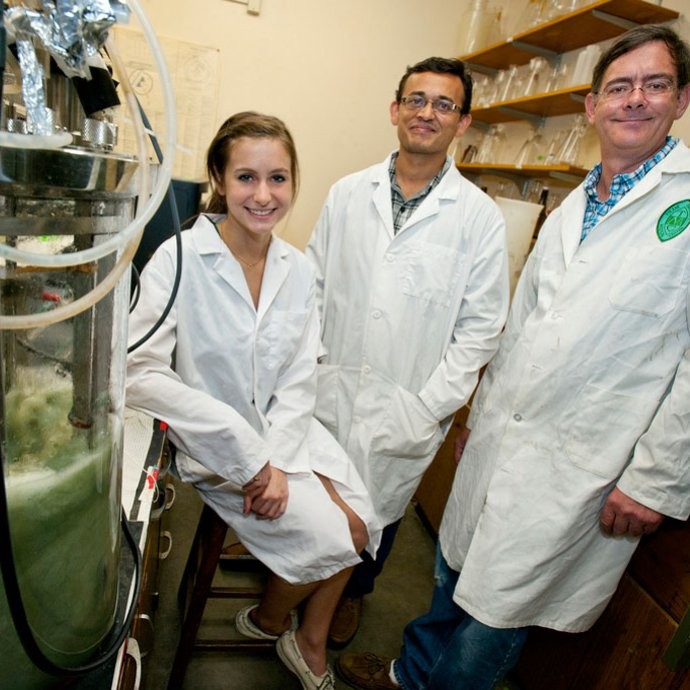
It might be the age of the internet but print is not dead. In fact, it may well aid the next biofuel.
Scientists at Tulane University in New Orleans have found a novel bacterial strain, dubbed “TU-103”, that can use (news)paper to produce butanol, a biofuel that works as a gasoline substitute. Their experiments with old editions of the local Times Picayune have been very successful.
The scientists explain that TU-103 is the first bacterial strain from nature that produces butanol directly from the organic compound cellulose.
After identifying TU-103 in animal droppings, the scientists cultivated it and developed a way of using it to produce butanol, with the help of the paper. TU-103 is the only known butanol-producing clostridial strain that can grow and produce butanol in the presence of oxygen, which kills other butanol-producing bacteria.
Butanaol is ideal as a biofuel and superior to ethanol in that it can fuel existing vehicles without any modification to the engine. It can also be moved through existing pipelines and contains more energy than ethanol.
There is also the potential of great savings on the cost of fuel, not to mention the reduction of the environmental cost.
Working on the biofuel butanol research at Tulane University are undergraduate Hailee Rask, postdoctoral fellow Harshad Velankara and associate professor David Mullin.






